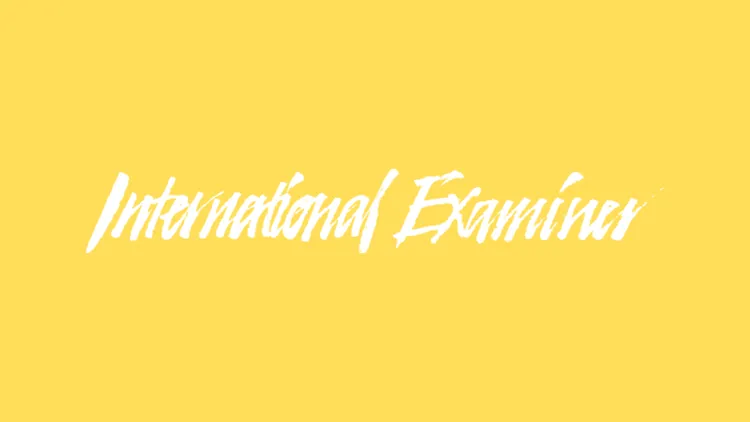Bringing attention to Khmer arts and entertainment
By Grace Gunawan
Examiner contributor iexaminer.org
April 7 - 20, 2004
Before the 1970s, Cambodian arts (or Khmer arts) had been one of the most glorious forms of arts in Southeast Asia. However, during the Khmer Rouge regime, almost a of professionals in these fields were executed, leaving almost no one to continue the tradition. After the tragic war, the Khmer art was slowly restored. Restoration continues today through the Rajana Society at the University of Washington.
"It is a way to promote aspiring Khmer artists, just to get them a foot on the door, to showcase their talents where the community can actually witness it and bring them together," said Nelson Khov, business relations officer of the Rajana Society.
The passion came when they saw a definite need in the Cambodian community to express and voice their feelings and opinions through the form of art.
"I realized that there were untapped potential from the Cambodian students to produce, to do something with themselves in the fields of art and entertainment," said Phatry Pan, president and one of the founders of the Rajana Society.
Not only does the Rajana Society provide the foundation for aspiring Khmer artists, they have a mission to educate the community on ongoing social and political issues.
"The projects that we do bring awareness to Cambodian Americans or Cambodian related problems or issues: social and political issues that haven't been addressed or discussed," said Pan.
"Solar Eclipse of Soriya," the very first play held by the organization in affiliation with the Koun Khmer Amatak (Eternal Khmer Children) Productions, a film and production group, was an example of how the Rajana Society tries to bring awareness and educate the community on what it was like living in Cambodia when the Khmer Rouge regime reigned. The pay, directed by Sreymom Serey (also a founder of the Rajana Society), was based on the history of the killing fields and how a couple went through the difficult time.
In addition to the plays, the organization also held Khmer language courses taught by their club advisor and several tutors. The Khmer Conversational Group (KCG) is aimed to promote Khmer language by teaching how to read, write and speak Khmer. The classes are given on a classroom setting, as well as through one-on-one tutoring. The Rajana Society hopes that because of the many interests in the language, they can successfully language classes.
"The long term goal for the KCG is to build momentum from the student body and from the UW community. We want Khmer language to be integrated into the UW and receive recognition from the university," said Pan.
Getting recognition from the university is one challenge, but like many non-profit organizations, funding is always the main obstacle.
"We're are in a process of writing grants and proposals for some artists that we have in mind, but a young organization like us seems to be a little bit difficult because we don't have that big of a name yet," said Puthearorth Kov, current president of the Rajana Society.
The Rajana Society, although still a young organization, proves that they can bring their passion alive to resurrect Cambodian arts and culture. They invite anyone who wants to participate in any of their activities. For more information visit their website at students.washington.edu/rajana or call (206)666-2682.
